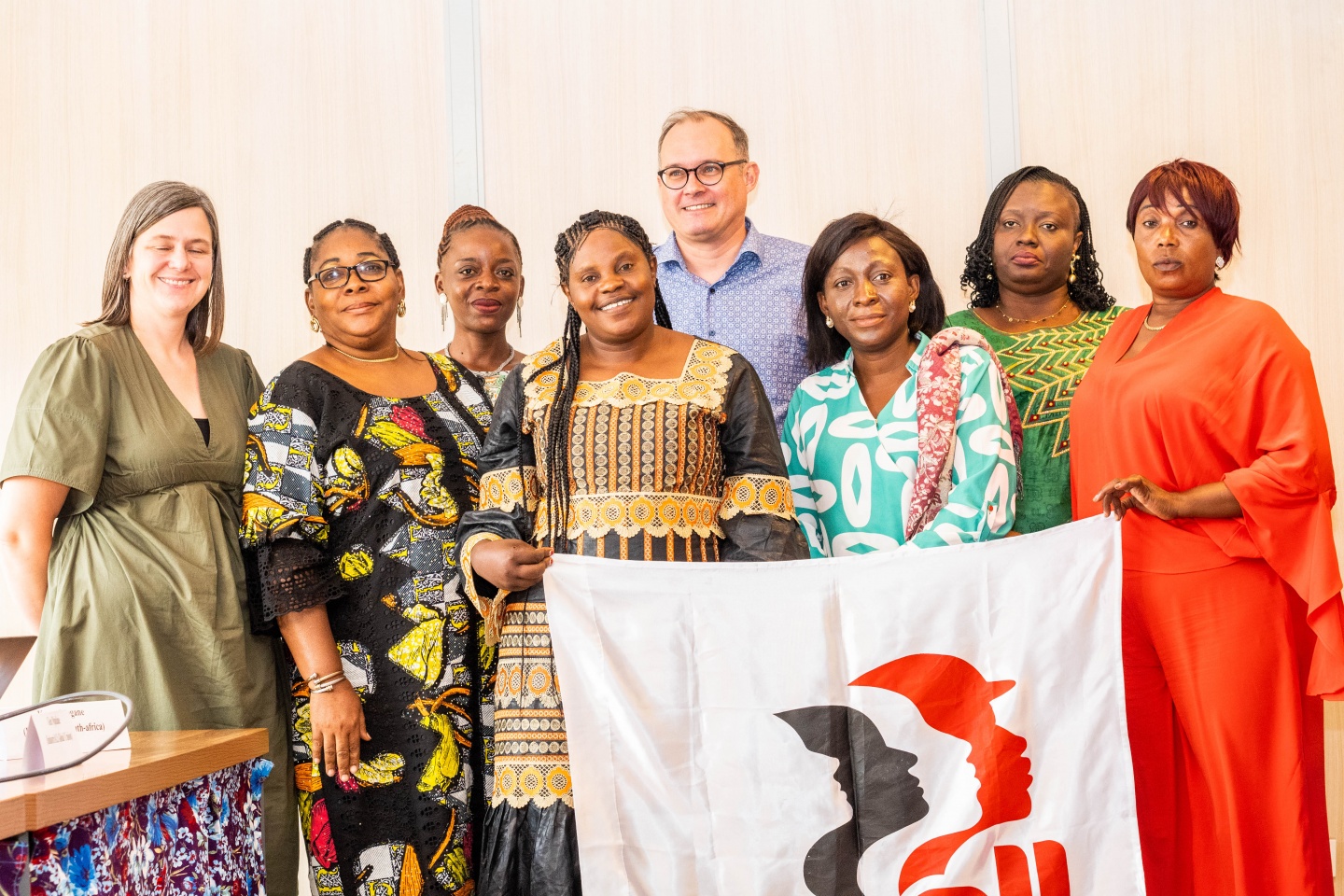7 March, 2024The Democratic Republic of the Congo (DRC) government says the vast Central African country is a solution driven country on climate change because of its huge critical mineral resources. While unions say the living and working conditions of hundreds of thousands of mineworkers digging for the minerals must improve.
Critical minerals are in demand for transition to renewable energy and are used in the manufacturing of batteries for electric vehicles, vehicle parts, and smartphones.
The DRC has major deposits of copper, cobalt, tin, tantalum, and lithium among other minerals.
According to the Congolese ministry of mines, the country has 61 active cobalt mining sites, of which 76 per cent are mined by Chinese companies and 10 per cent by the Swiss commodity trader Glencore. Other mining companies in the country are from Australia, Kazakhstan, and India. The stated-owned company, GECAMINES, also mines cobalt.
A 2023 study by RAID, a UK based non-governmental organization exposing corporate human and workers’ rights abuses, and Kolwezi-based legal aid provider, Centre d’Aide Juridico-Judiciare (CAJJ), calculated living wages at $480 – an amount that most of the mining companies were failing to pay despite declaring huge profits to their shareholders.
Most of the poorly paid workers were employed by sub-contractors under precarious working conditions of low pay, no job security because of short term contracts, and were also denied benefits. The mining companies also violated workers’ rights to health and safety.
To improve the working conditions, IndustriALL affiliates in the DRC: Organisation des Travailleurs Unis du Congo (OTUC), Secretariat des Syndicats IndustriALL de la CDT (CDT), Travailleurs Unis des Mines, Metallurgies, Energie, Chimie et Industries Connexes (TUMEC), Confederation des Syndicats du Congo (CSC), and Union Nationale des Travailleurs du Congo (UNTC), with members in the mining and energy sectors, met in Kinshasa in mid-February to strategize on organizing along the critical transition minerals value chain.
The meeting, organized with support from FES DRC and FES Trade Union Competence Centre for Sub Saharan Africa, discussed how unions can better organize the value chain and not lose the organizing opportunities. Importantly, the unity of the unions remained one of the key issues in organizing.
The meeting produced a plan that included organizing meetings to deal with multinational corporations where working conditions were poor. One such corporation is Glencore.
Previous investigations by IndustriALL at Glencore mines revealed non-compliance with health and safety regulations and the difficulties faced by unions on collective bargaining and organizing because of management’s union busting.
Unions said they wanted to promote formalization of artisanal and small-scale mining to enable unionization. Reports say that there are over 200 000 artisanal miners in the DRC who are mining cobalt and if they are unionized, this will boost union membership.
The unions outlined the challenges they were facing, like some labour inspectors blocking union activities, government’s failure to engage unions on critical minerals, and difficulties in accessing some remote mines. It was also difficult for unions to engage artisanal miners on health and safety issues because some of them were not formalised. The unions expressed concern over gender-based violence and harassment which was rampant in the mines.
Glen Mpufane, IndustriALL director for mining said:
“The DRC is a critical minerals producing country and multinational companies are the campaign focus of IndustriALL to improve working conditions in the mines. The unions should engage on human rights due diligence, climate change, and the Just Transition discussions as these were important matters to learn and beneficial to the mineworkers in the DRC.”
Photo: Shutterstock




